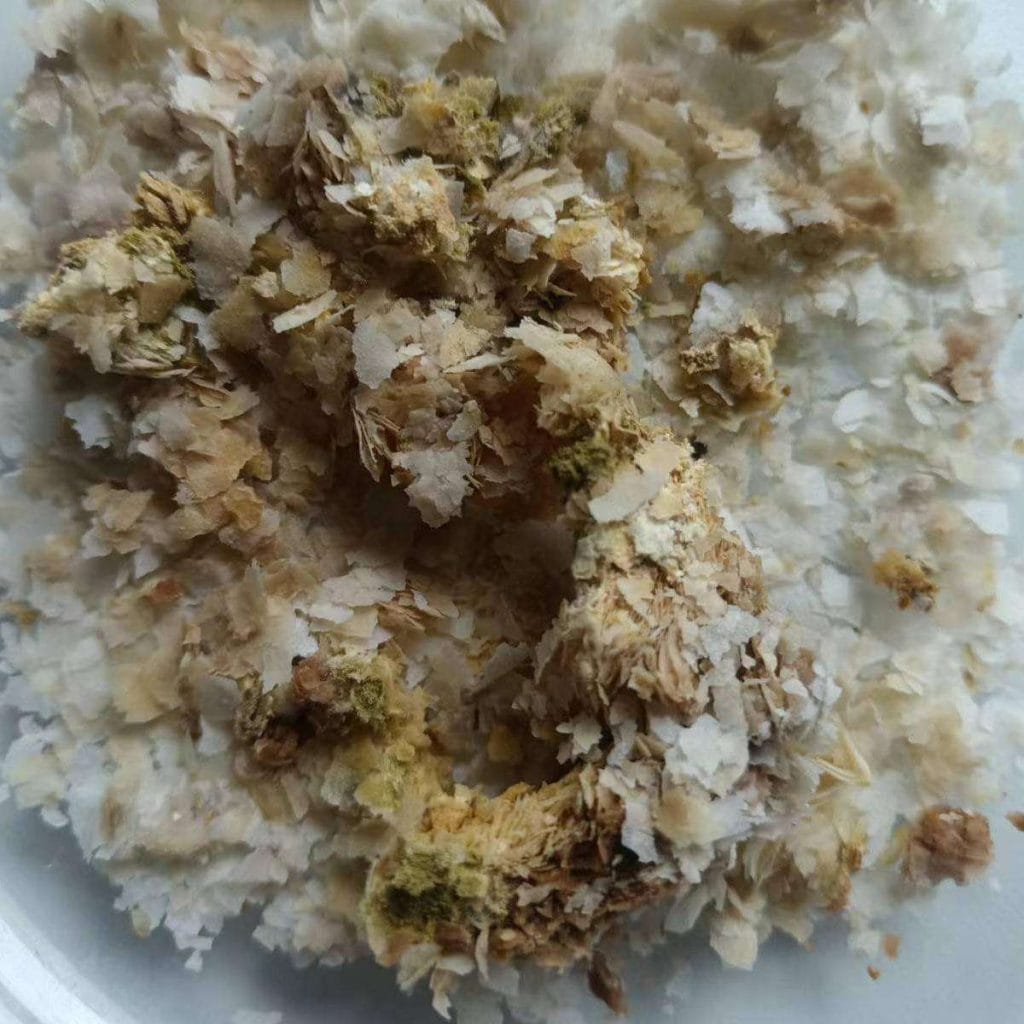Generally speaking, hojuelas patata are a dehydrated potato product produced according to the industry standard SB/T10752-2012. The final product has a moisture content below 8%. This low moisture content gives potato flakes a very long shelf life, so in most cases, they are not prone to spoilage if stored properly. Chéen ba'ale', I suggest that everyone should learn more about the spoilage issues of potato flakes, as this will help us use them better.
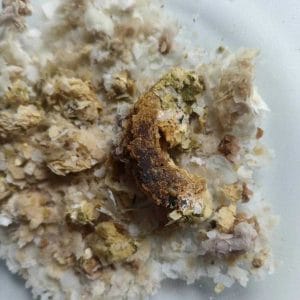
Why Do Not Potato Flakes Go Bad Easily?
We all know that the main causes of food spoilage are bacterial contamination and oxidation, especially in environments with high moisture content, high temperatures, and exposure to air.
The following chart shows the quality inspection indicators for potato flakes during production. We can see that the moisture content of the potato flakes we produce is only 6.82%. Tune', high-quality potato flakes are not easily contaminated by bacteria, resulting in a long shelf life.
Furthermore, we can also observe from the total bacterial count tests that the total bacterial count indicators for potato flakes produced by reputable factories always comply with food standards. This is another key reason why they have a long shelf life under certain storage conditions.
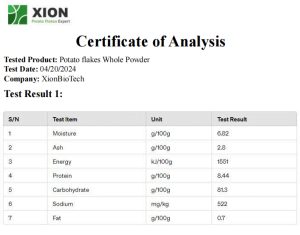
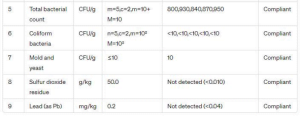
What is the Shelf Life of Potato Flakes?
According to regulations, we label the shelf life of our products as 12 months in China and 24 months for exported products. In reality, the actual shelf life of properly packaged products far exceeds the stated shelf life, especially when the original packaging is not opened and the product is stored in a dark, cool, and low-humidity environment.
For household use, I recommend not worrying too much about the shelf life. Most people buy products in 1 kg packages and do not have a need for very long-term storage. Tune', the 12-month shelf life is more than sufficient.
Under What Conditions Do Potato Flakes Go Bad?
An extended shelf life does not mean that potato flakes will not spoil, so proper storage is still necessary. As I mentioned in other articles, a significant characteristic of potato flakes is their strong rehydration ability. This means potato flakes can quickly absorb moisture from their surroundings and turn into puré u yuum.
As the moisture content increases, there is a significant risk of bacterial contamination, leading to spoilage. You can conduct a simple experiment by placing a certain amount of potato flakes and preparing mashed potatoes indoors. Within 24 hours, the mashed potatoes will start to emit a sour odor, while the potato flakes will not show any changes. Tune', moisture is the primary cause of spoilage for potato flakes. Thus, the humidity of the environment, air moisture, and whether the packaging is sealed are important factors to consider.
Je'ebix., if water accidentally enters the packaging, the air humidity is too high, or the packaging is not sealed, you need to check whether the inside of the packaging is dry and if the packaging is still sealed.
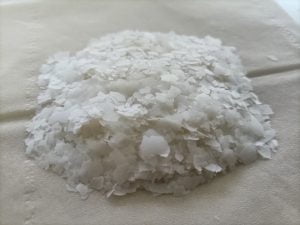
How to Properly Store Potato Flakes
Ku, potato flakes should be stored in a sealed, dry, and cool place. For small packages, simply keeping them sealed indoors is sufficient. You can store them in a cupboard, basement, or closet. For short-term use, there is no need to be overly concerned about the storage location.
In coastal or high-humidity areas, you might consider refrigerating the potato flakes. If there’s no space in the refrigerator, make sure to seal the potato flakes carefully, as this will prevent significant issues.
If you don’t want to worry too much about the storage of potato flakes, you can also place food-grade desiccants inside the packaging. Even with desiccants, I still recommend sealing any remaining potato flakes.
For various flavored mashed potatoes, the preservation requirements are higher, as the added flavors might not have the same shelf life as the potato flakes. For consumers purchasing small packages, this is generally not a concern.
How to Identify Spoiled Potato Flakes
- First, open the packaging and observe the appearance of the potato flakes. Gently stir to check for clumping, which indicates moisture and potential spoilage.
- Second, smell the product to see if there are any off odors, or if it still has the original potato aroma. If it smells sour, pour out the flakes and check for signs of moisture.
- Adicionalmente, observe the color of the flakes. Any abnormal coloration should prompt further inspection and smell tests.
- In practice, I’ve rarely encountered spoiled potato flakes but prepared mashed potatoes often spoil. If you notice anything unusual about your potato flakes, do not consume them, and feel free to send me a photo.
Risks of Consuming Spoiled Potato Flakes
Potato flakes are a common food ingredient, and if they spoil, it means bacteria have contaminated them. Consuming spoiled food poses many health risks, especially if the food is moldy and contains aflatoxins, which are high-risk carcinogens.
Tune', I recommend not consuming potato flakes if you notice any abnormalities. Chéen ba'ale', properly sealed potato flakes rarely spoil, so there is no need to worry excessively.
